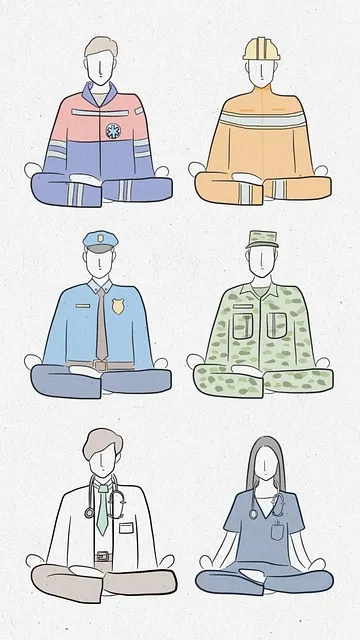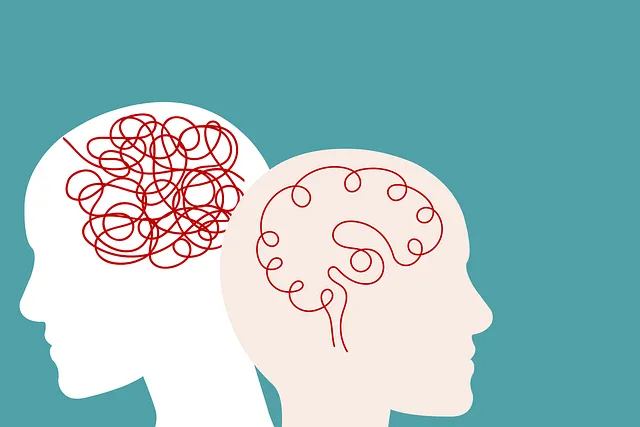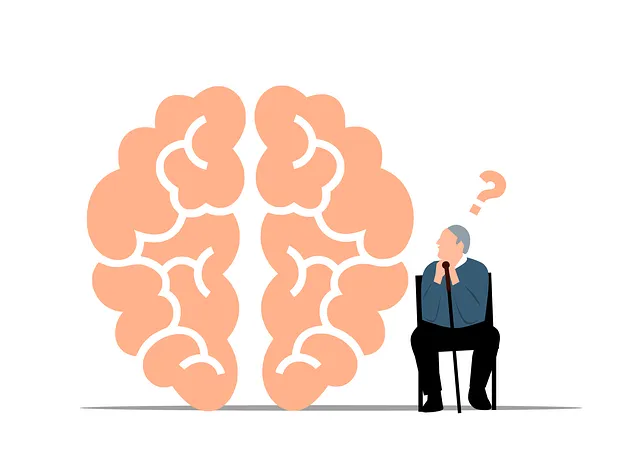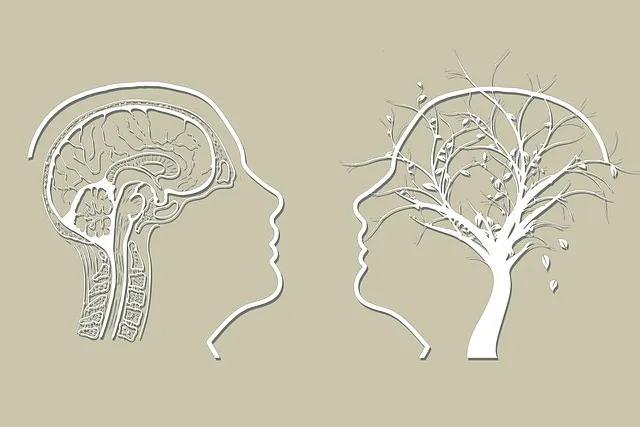Louisville prioritizes mental health care accessibility and accurate representation through collaborative initiatives involving media, healthcare professionals, and community programs. They leverage digital tools for online therapy, self-improvement programs, and rigorous risk assessments to bridge resource gaps. By promoting media literacy, empowering individuals with Kaiser's mental health services, and sharing recovery stories, Louisville fosters empathy and breaks down barriers to care. This holistic approach aims to improve public understanding and encourage early intervention using resources like Kaiser to guide residents on how to get mental health services.
In Louisville, as in many places, media representation of mental illness significantly influences public perception and awareness. This article delves into the impact of such portrayals on mental health initiatives within the community, focusing specifically on access to services available through Kaiser. By examining challenges faced by individuals seeking help, we uncover solutions and strategies for accurate and empowering mental illness representation in the media. Understanding these dynamics is crucial for fostering a more inclusive and supportive Louisville.
- Understanding the Impact of Media Representation on Mental Health Awareness in Louisville
- Challenges in Accessing Mental Health Services: A Kaiser Perspective
- Solutions and Strategies for Accurate Mental Illness Portrayal in Media: Empowering Change in Louisville's Community
Understanding the Impact of Media Representation on Mental Health Awareness in Louisville

In Louisville, media representation plays a pivotal role in shaping public understanding and perceptions about mental health. The city’s diverse population requires nuanced and accurate portrayals to foster empathy and reduce stigma. Positive media narratives can significantly impact how individuals seek support, with many turning to local healthcare providers like Kaiser for assistance. By promoting mental health awareness through various media channels, Louisville residents are better equipped to recognize signs of distress and take proactive steps towards recovery.
Louisville’s vibrant community offers opportunities for collaborative efforts, such as Cultural Competency Training for healthcare providers and Community Outreach Program Implementation, to address the unique needs of its citizens. These initiatives enhance emotional intelligence and ensure that mental health services are accessible and tailored to diverse cultural backgrounds. By combining these strategies with effective media representation, Louisville can create a more inclusive and supportive environment for those struggling with mental illness.
Challenges in Accessing Mental Health Services: A Kaiser Perspective

Accessing mental health services can be a significant challenge, especially in areas like Louisville where specialized resources may be limited. Kaiser, as a healthcare provider, recognizes this hurdle and strives to address it through various initiatives. One key aspect is expanding online access to therapy and counseling sessions, making mental healthcare more convenient for patients. With tools like virtual reality and digital platforms, individuals can receive support from the comfort of their homes, breaking down geographical barriers.
Additionally, Kaiser emphasizes the importance of self-awareness exercises and self-esteem improvement programs as part of its holistic approach. These initiatives empower individuals to take charge of their mental well-being. Furthermore, they conduct regular risk assessments for mental health professionals to ensure a safe and supportive environment for both patients and practitioners, fostering effective treatment outcomes.
Solutions and Strategies for Accurate Mental Illness Portrayal in Media: Empowering Change in Louisville's Community

In Louisville, accurate mental illness representation in media is a pressing issue that demands attention and action. To foster change, community members, media professionals, and healthcare providers must collaborate on solutions. Empowering individuals with access to how to get mental health services through Kaiser, along with promoting initiatives like awareness campaigns and sensitivity training for journalists, can significantly improve media portrayal. By integrating real-life stories of recovery and resilience, the community can combat stereotypes associated with mental illness. This shift will not only enhance public understanding but also encourage early intervention and support systems, ultimately contributing to better Anxiety Relief and conflict resolution techniques within the city’s population.
Furthermore, teaching media literacy to both creators and consumers is vital. Educating the public about responsible storytelling practices and the impact of media portrayal can foster a more empathetic society. Louisville’s community has the potential to lead by example, showcasing how positive representation can build Resilience and break down barriers to mental health care access. This collective effort ensures that discussions on mental illness in media are not just superficial but drive meaningful change, reflecting the city’s commitment to holistic well-being.
Media representation plays a pivotal role in shaping public perception about mental illness, with the right portrayal offering a powerful tool for increasing awareness and reducing stigma. Louisville’s community has the opportunity to drive positive change by advocating for accurate and diverse media coverage of mental health issues. By implementing the strategies outlined in this article, including empowering individuals with knowledge on how to access mental health services through Kaiser, we can foster a more inclusive and supportive environment. Together, we can challenge societal norms, dispel myths, and ensure that those facing mental illness feel seen, heard, and supported.






